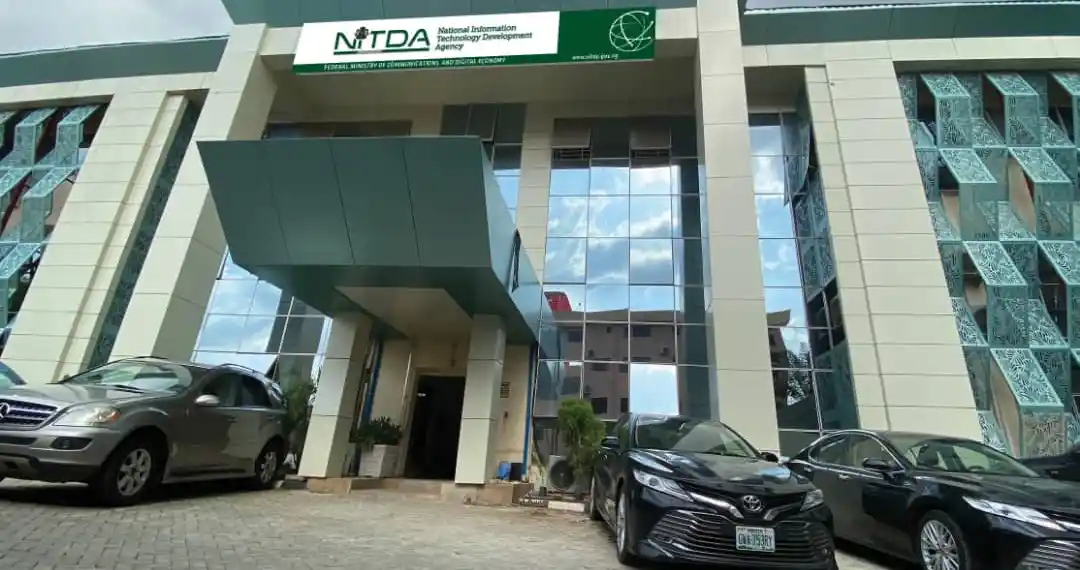The news:
- The International Telecommunications Union (ITU), a specialised United Nations agency for information and communication technologies, has recommended that the Nigerian government streamline the regulatory functions of the Nigerian Communications Commission (NCC) and the National Information Technology Development Agency (NITDA).
- The report, recently launched in Abuja, titled “Collaborative Regulation: Accelerating Nigeria’s Digital Transformation,” the global telecom union says this move will help address multiple regulations in the country’s digital space.
- The report highlights several areas, including data protection, content regulation, and developing sector-specific information and communications technology (ICT) policies, where the roles of the two bodies overlap.
The international union explained that as the lines between telecommunications, information technology (IT), and ICT, increasingly blur, the government needs to separate the roles of the NCC and NITDA.
Additionally, the ITU noted that the NITDA Amendment Bill, currently being deliberated on by the National Assembly, should clarify not just the role but the agency’s mandate, which seems to overlap with the NCC, along with the National Office for Technology Acquisition and Promotion (NOTAP) and potentially other entities.
“While the Bill seeks to clarify the position of NITDA, it may inadvertently cause conflict between NITDA and other sector regulators including NCC given the NITDA broad mandate in relation to the ‘digital economy,’ and the lack of clarity in the distinction between the IT sector and the ICT sector,” the international body said.
The union has expressed uncertainty about whether NITDA is a standards body, regulatory authority, or policy-making institution. There are also ongoing disagreements among stakeholders regarding the agency’s role and mandate.
Without clear definitions of the roles of the NCC and NITDA, there is a risk of forum shopping and role duplication. This could result in digital economy players needing to secure and renew multiple licenses and pay fees to several public agencies.
When the NITDA Amendment Bill was released in 2023, it resulted in controversies in the Nigerian ICT industry as major stakeholders tagged it as a move by the agency to usurp the powers of other regulators in the digital economy industry.
Organisations that kicked against the “super regulator” bill include the Computer Professionals Council of Nigeria (CPN), Nigeria Computer Society (NCS), Association of Licensed Telecommunications Operators of Nigeria (ALTON), and Association of Telecommunications Companies of Nigeria (ATCON).










